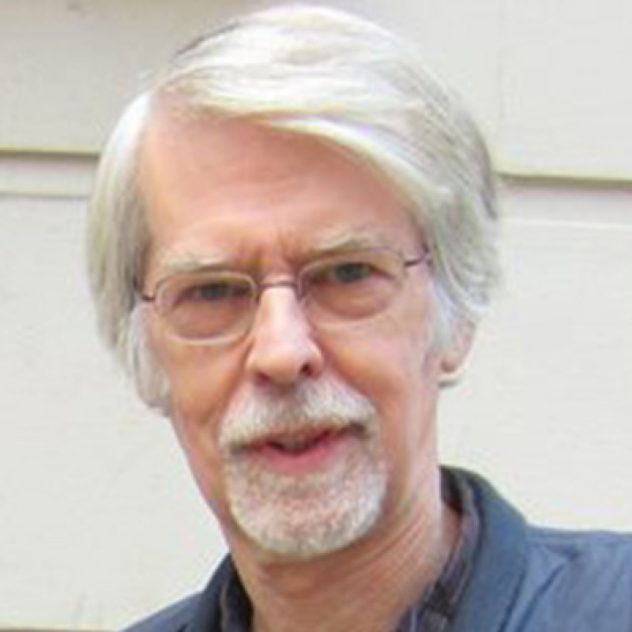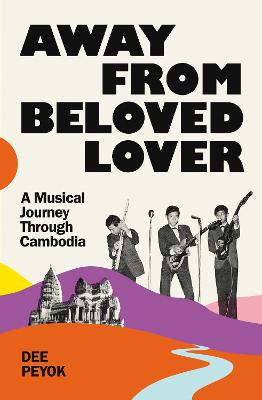Peter Forbes on the success of City’s Narrative Non-Fiction short course

Tutor, science writer and editor, Peter Forbes
For over fifteen years, City has run its Narrative Non-Fiction short course. For almost a decade, one tutor has been at the helm. Peter Forbes is a science writer with a special interest in the relationship between art and science. He initially trained as a chemist and worked in pharmaceutical and popular natural history publishing, whilst writing poems and articles for magazines such as New Scientist and World Medicine.
He has written numerous articles and reviews – many specialising in the relationship between the arts and science – for the Guardian, Independent, The Times, Daily Mail, Financial Times, Scientific American, New Scientist, World Medicine, Modern Painters, New Statesman and many others.
Peter is also an editor. As editor of the Poetry Society’s Poetry Review from 1986-2002, he played a major role in the rise of the New Generation Poets. He has edited three anthologies: Scanning the Century: The Penguin Book of the Twentieth Century in Poetry (Viking, 1999), We Have Come Through (Bloodaxe, 2003) and The Picador Book of Wedding Poems (Picador, 2012). His book, The Gecko’s Foot, about the new science of bio-inspired materials, was published by Fourth Estate in 2005 and was long-listed for the Royal Society Prize. Dazzled and Deceived: Mimicry and Camouflage (Yale University Press, 2009) won the 2011 Warwick Prize for Writing. He was Royal Literary Fund Fellow at Queen Mary University of London (2004-7) and at St George’s, University of London (2010-12).
“I loved science as a child,” Peter explains. “But fell out of love with it at university, so poetry took over for a long time. What thrills me about science now is that all of the naive questions I used to ask as a student – about the origin of life; about the development of form in living creatures – are well on the way to being answered, if they haven’t been already. I can’t resist trying to tell the world about all these discoveries.
“I owe my entree into teaching to the Royal Literary Fund (RLF). The RLF scheme involves one-to-one tutoring of university students and I discovered that I enjoyed this very much. It was through the RLF that I came to City. I then discovered that I enjoy teaching a class even more than one-to-one.
“Teaching is an animated, sociable activity, unlike the solitariness of a writer’s work. I enjoy seeing people grow in confidence. As everyone gets to know each other, our classes develop into a lively discussion group from which everyone learns from each other.
“The standard at City is high and many of the students have the potential to publish successfully. Success, though, requires more than talent and I try to inculcate the attitude necessary to cope with the frustrations and setbacks that dog any published writer’s life.”

Away from Beloved Lover by Dee Peyok
It would seem Peter’s advice has paid off. Alumni from the course have been phenomenally successful. This year alone sees the publication of three alumni books: Dee Peyok’s Away From Beloved Lover (Granta); Claire Martin’s Heirs of Ambition (The History Press); and Aniefiok Ekpoudom’s Where We Come From (Faber). (As Dee herself tweeted recently in response to Peter’s message of congratulation on her book: “Your class really set me on my path. I can’t recommend Peter and the course enough to anyone considering it.”) Other notable alumni successes include Ciaran Thapar’s acclaimed Cut Short (Penguin) (Ciaran now teaches his own course for City: Writing for Social Impact); Deidre Finnerty’s book Bessborough (Hachette); and Jack Price’s book on Stem Cell Therapy, The Future of Brain Repair (MIT).

Bessborough by Deidre Finnerty
So what’s the key to the course’s success? Peter explains: “In the first half of the course we work mainly with set topics and in the second half with the students’ own work. Besides the class sessions, every student gets individual written feedback on several assignments during the course. This is professional, hands-on editing that is hard to come by elsewhere.
“The 10-week course is an ideal format in which to develop your writing skills. The friendly, enabling environment of the class takes the sting out of the anxiety of offering up your thoughts for scrutiny. It is, in fact, a milieu that many writers, at a computer or alone in a library, pine for.”
Since the pandemic the course has been delivered online and can be joined remotely from anywhere in the world. Students have been known to log in from the UK, USA, India, Germany, France, Spain, Italy, Ethiopia, Haiti, Uganda, and Malaysia. And from this term City are offering the course on two nights – Tuesdays with Peter and Thursdays with acclaimed writer and teacher Holly Rigby.
For more on the course visit the home page.
For more on our other writing short courses visit our page here.


Leave a Reply